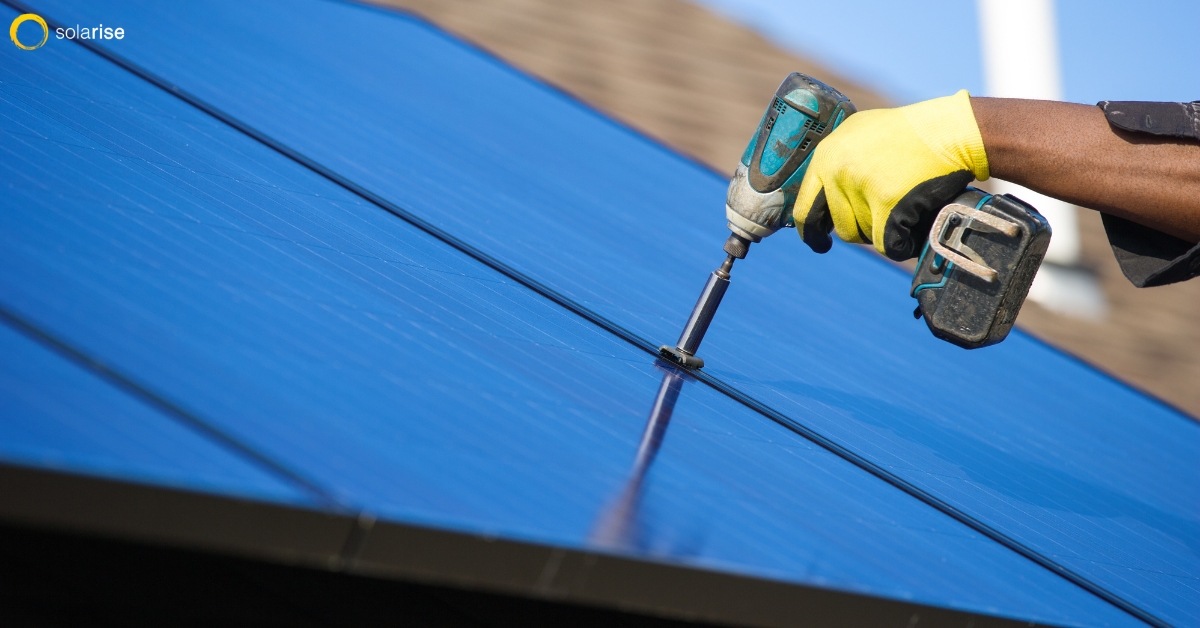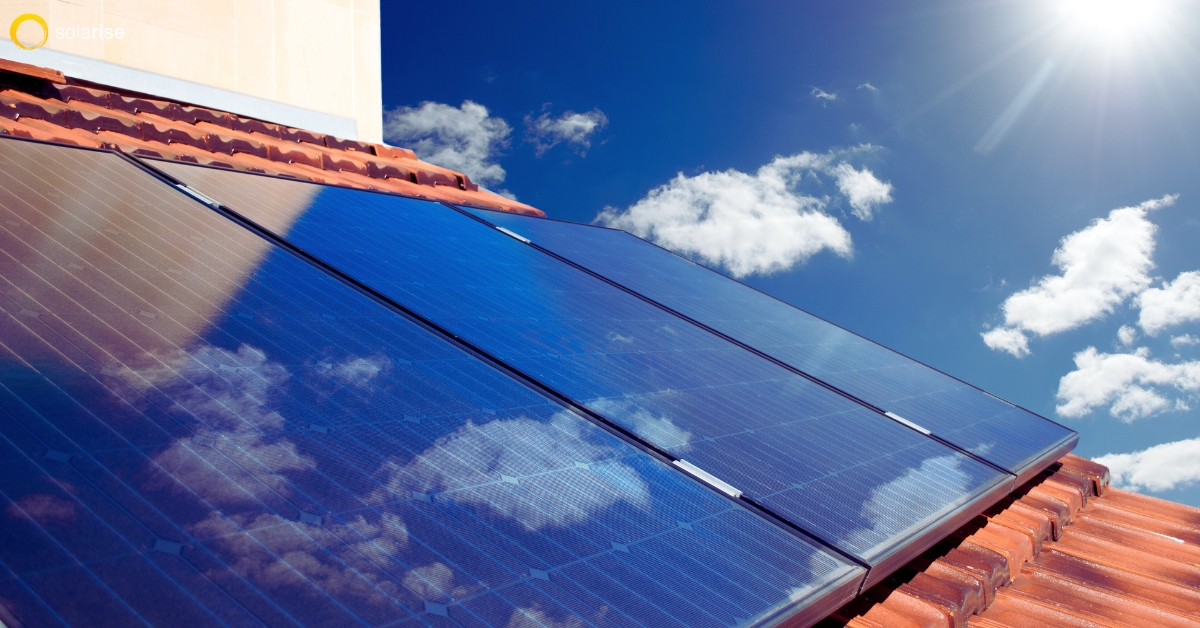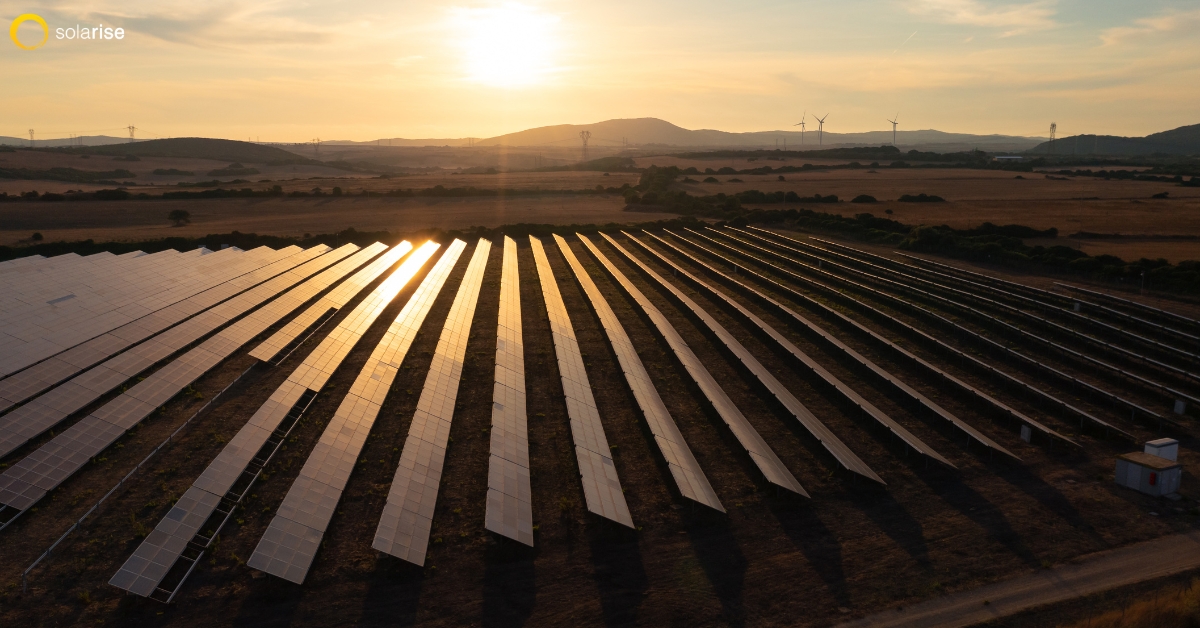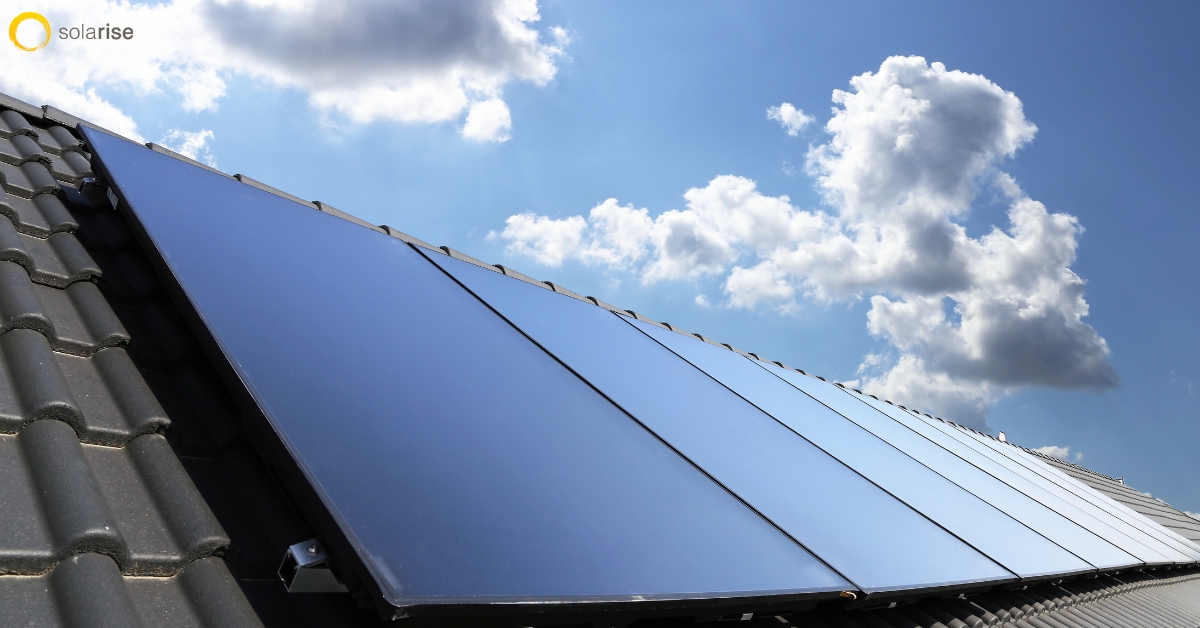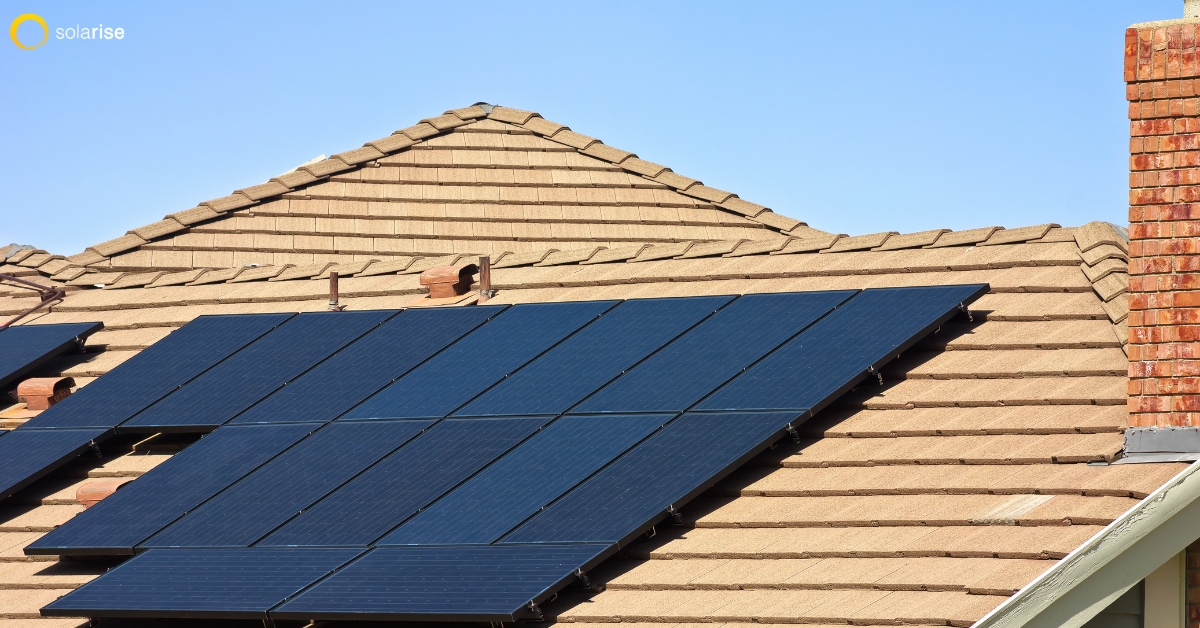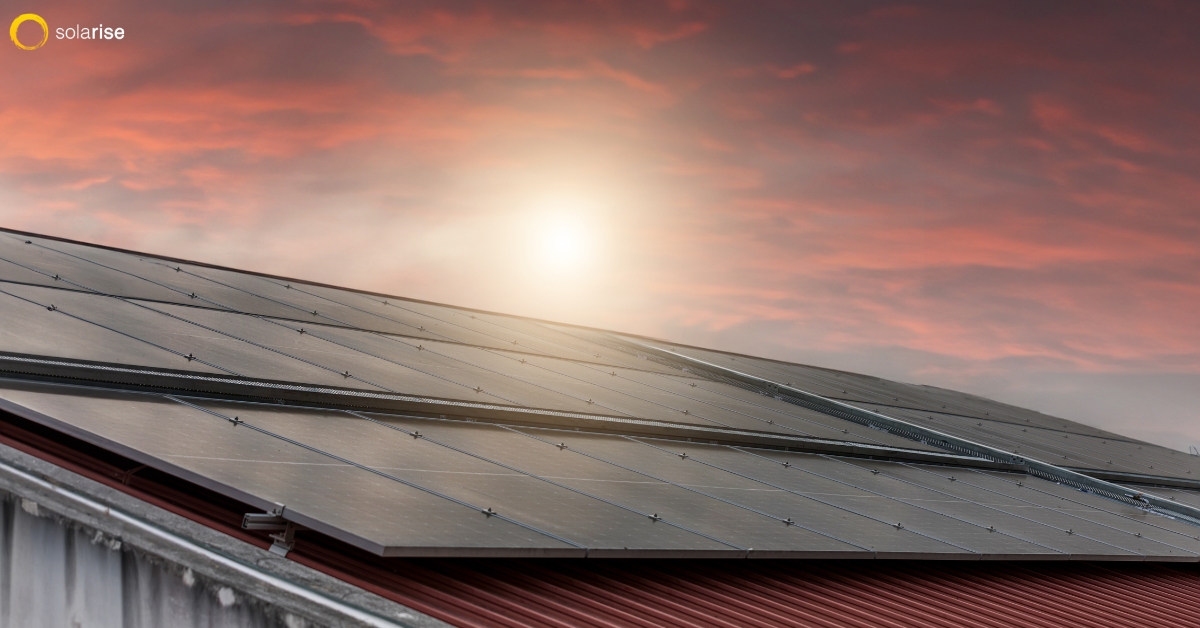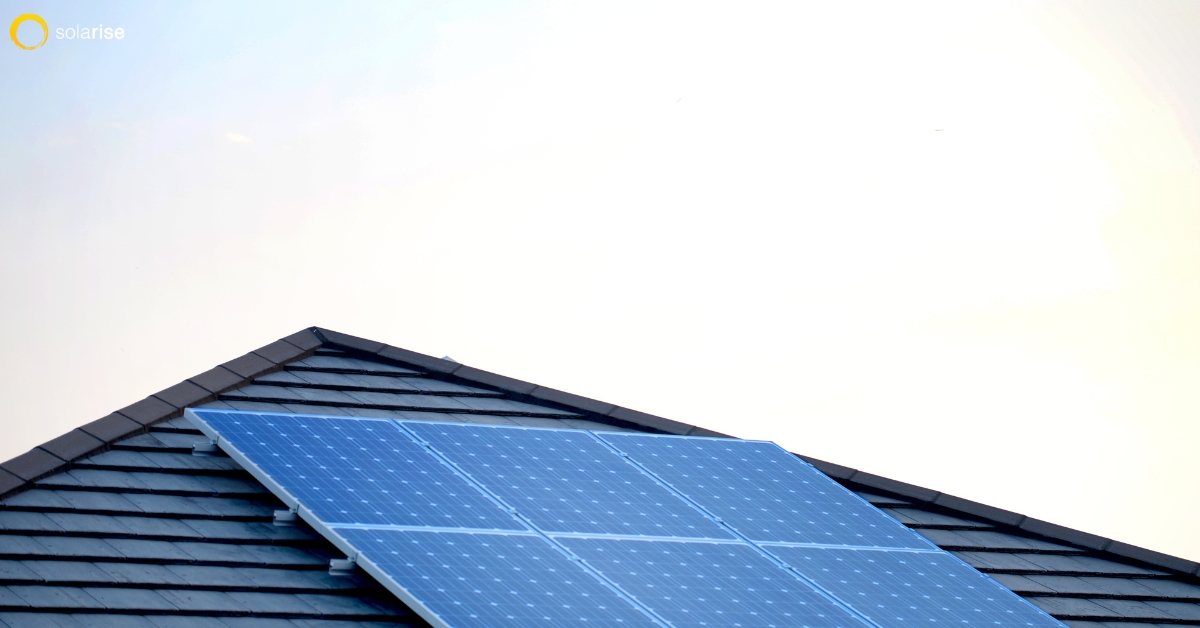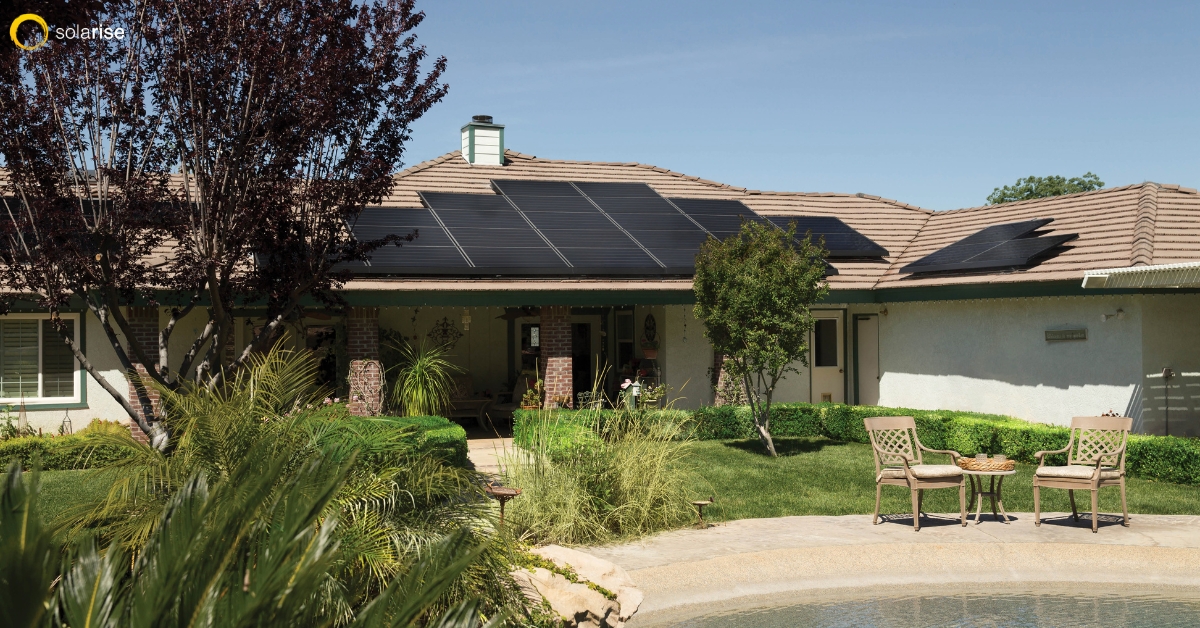Key takeaways:
- The Residential Clean Energy Credit offers a 1:1 income tax credit, accounting for 30% of solar installation costs.
- A solar system costing around $20,000 can qualify for a solar tax credit of $6,000.
- The federal solar tax credit has been extended until 2035 through the Inflation Reduction Act.
- To be eligible for the federal solar tax credit, you must own the solar panels, have a taxable income, and the panels must be installed at your primary or secondary residence.
- The federal tax credit applies to a variety of equipment, including photovoltaic solar installations, battery storage, solar water heaters, geothermal pumps, fuel cells, and wind turbines.
